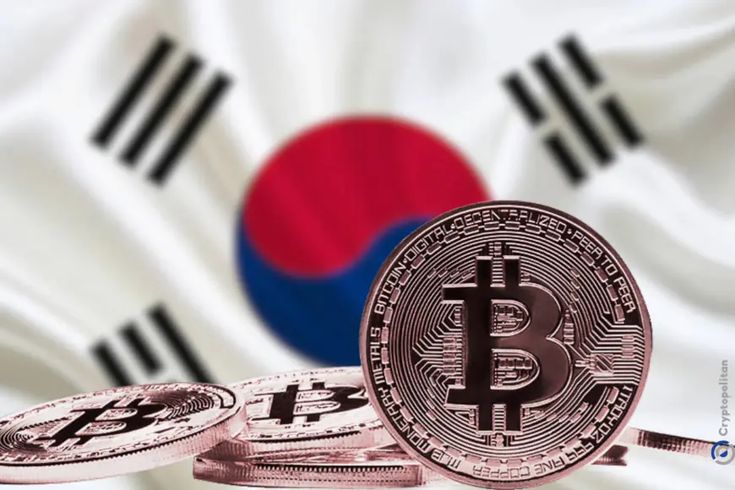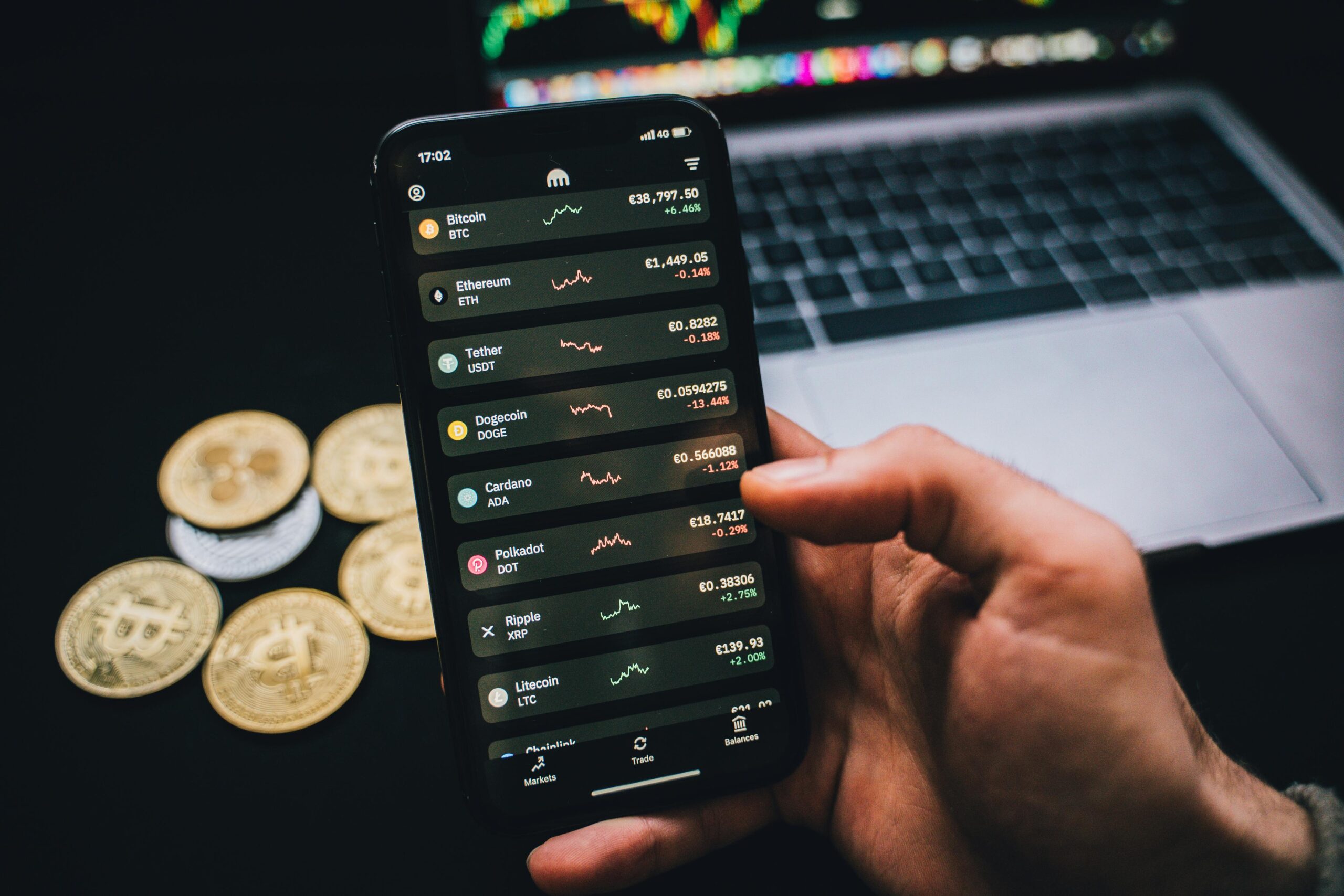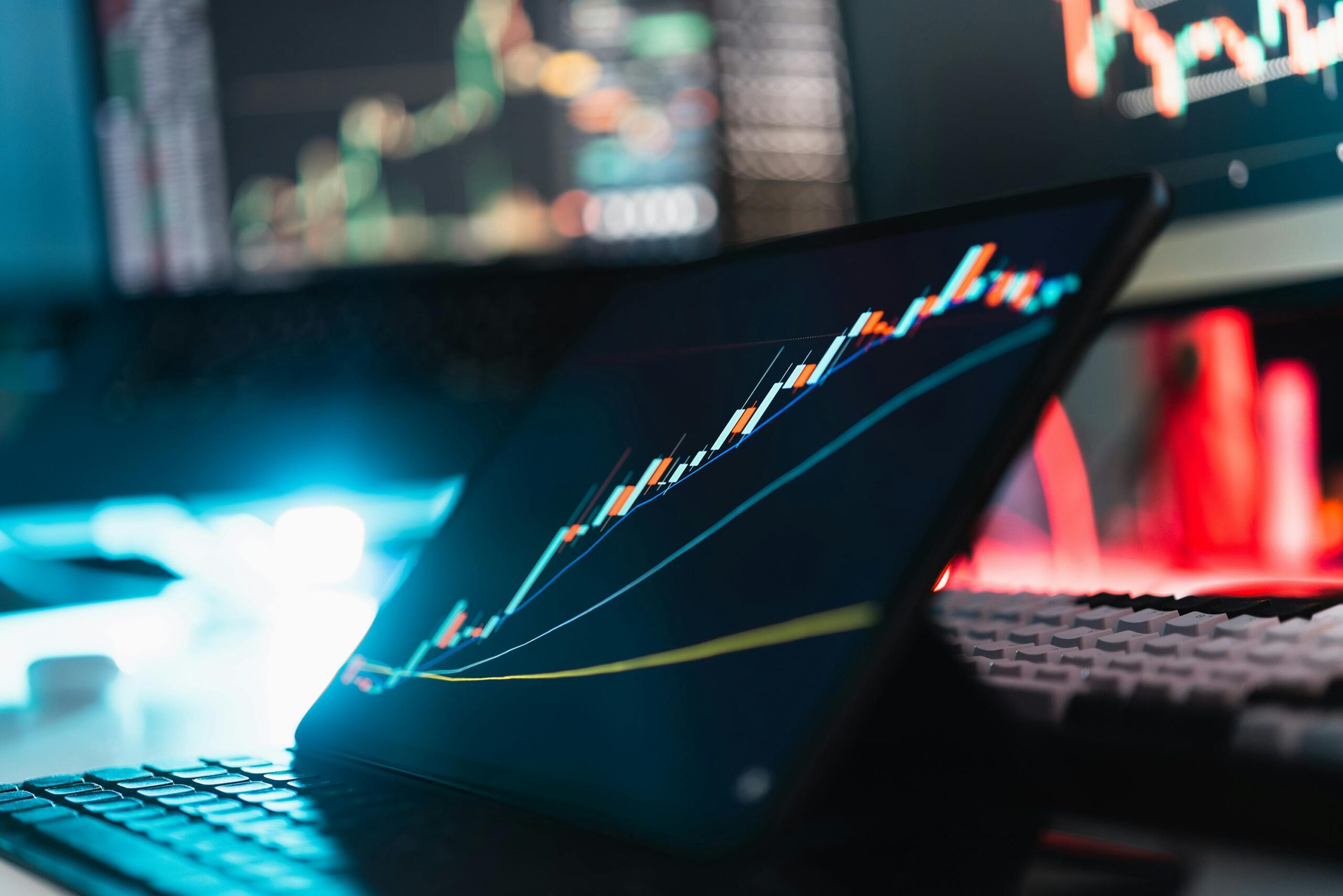South Korea’s government agencies are divided over whether to introduce strategic Bitcoin reserves, with key regulators and ministries taking conflicting positions on the issue.According to Democratic Party lawmaker Ahn Do-geol, different agencies hold varying views on adopting Bitcoin as a reserve asset. He advocates for a balanced crypto governance framework with minimal restrictions to support industry growth while ensuring investor protection.
A Call for Crypto-Friendly Regulations
Ahn believes South Korea must embrace the virtual asset market as a core part of the future financial sector. To achieve this, he suggests regulators focus on:
- Clear guidelines for security token issuers
- Approval of cryptocurrency spot ETFs
- The introduction of fiat-backed stablecoins
- Encouraging international participation in the local crypto market
Additionally, he stresses the importance of establishing a tax framework for cryptocurrency traders, ensuring South Korea’s virtual asset market evolves efficiently.
South Korea’s Central Bank Remains Skeptical
While some lawmakers push for Bitcoin reserves, the Bank of Korea (BOK) has raised serious concerns. The central bank argues that Bitcoin’s price volatility and its failure to meet International Monetary Fund (IMF) criteria make it unsuitable for foreign exchange reserves.BOK officials also worry that Bitcoin’s fluctuations could lead to higher transaction costs when converting to fiat currency, making it an impractical reserve asset.
The Future of Bitcoin in South Korea’s Economy
This ongoing debate highlights the growing divide among South Korean regulators. While some see Bitcoin as a strategic asset for the future, others view it as a high-risk gamble. Whether South Korea moves forward with Bitcoin reserves will depend on how policymakers navigate these opposing views in the coming months.
What do you think? Should South Korea embrace Bitcoin as a reserve asset, or is it too risky? Let us know in the comments!



